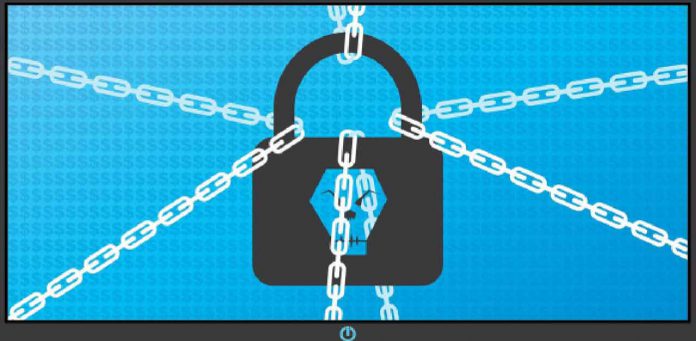The last thing you’ll want to deal with when running a dental practice is your online presence. After all, those starting their own dental practices probably didn’t go into business thinking about how they would look online. Your goal is to serve your patients to the best of your ability and ensure that their dental health is assured. But the fact is that nobody today, in any field, can be successful without having some kind of online presence. For that matter, the dental field is competitive. Chances are that no matter where you live, there will be some kind of dental practice in the near vicinity. Even if the two of you don’t serve the exact same clientele, there could still be competition. Therefore, it’s of the utmost priority that you make your presence known within the dental space. Typically, a dental practice will, at the minimum, need a website. The website should be attractive and easy to navigate, informing your audience about who you are and what you offer. As roughly 32% of people report being concerned by the appearances of their teeth, being able to offer effective dental services and making your presence known is half the battle. A lot of that can also be accomplished by running an effective social media campaign, where you can personalize your business and make you more accessible to potential patients. Rather than being confronted with the potential roadblock of making contact via a phone call, a potential patient can simply ask their question on your Facebook page or Twitter and have it answered within a matter of minutes.
Being visible online is especially key today, when a lot of people are dealing with the issues related to COVID-19 and are more likely to spend time online than they are to look into businesses in person. But there are also issues that come with keeping your dental practice accessible online. It’s important that you keep it protected from various cybercrimes, which are becoming all the more present in this internet-dependent age. There are so many ways in which your dental practice could be attacked online, but that doesn’t mean you need to be inaccessible to potential patients. Rather, it means that you need to take an active approach to protect your practice. Let’s look into some of the cybercrimes that could potentially threaten your practice, and what you should do to keep it safe.
1. Ransomware
An Internet crime is really defined by its use of the Internet to spread false or fraudulent information to consumers. Therefore, there are a number of different types of online crimes that can be committed. But for small businesses, some of the most common are ransomware crimes. Ransomware is actually a type of malware, and it serves outside attackers. Through this malware, they can remotely attack your files, lock them, and hold them “hostage”. They often do this to business owners who need their information, and they ask for financial compensation in order to unlock them. Once you have paid the ransom, you may or may not have your files back, but you’ll have further proof that it’s effective to those attackers who may very well try to use it again. Furthermore, those who have been attacked by ransomware before may find the only way to stop a secondary attack is to replace their servers. To prevent a ransomware attack, you should consider using an email content filtering system, training employees on detecting suspicious emails and using strong passwords, and limiting administrative access when possible. Systems also need to be regularly updated, simply to make sure sure that they are as well-prepared against a potential attack as possible.
2. Phishing
Do you know what phishing is? Phishing is a form of cyberattack wherein the attacker sends an email that seems to be from a reputable source, often from a reputable business. These emails are sent to provoke the victim to reveal personal information, such as credit card information, passwords, and more. While this may not seem like the ideal way to attack a dental practice, it’s certainly within the realm of possibility. The issue that can occur within small businesses is that they may be reached out to by fictitious companies that seem ready to engage with them. If the wrong employee opens the wrong email, your business could become a phishing victim. You should train your employees to recognize the signs of phishing, as these types of scams are often dependent on an individual’s reaction.
3. Man In The Middle Attacks
A man in the middle attack is more complex than others, and can sometimes be referred to as a monster in the middle attack. This attack involves the attacker secretly relaying and potentially altering the communications between two parties. These parties believe that they are in communication with each other, and therefore a lot of sensitive information could be exchanged. Often, a MITM scheme involves the attacker using an unencrypted wifi connection, which means that a lot of small businesses can prevent themselves from falling prey to such a scheme by being careful about the privacy of their wifi connection, and for that matter securing it through firewalls and other measures. A dental practice owner may want to be more careful about giving out their office wifi passwords and letting patients use it.
Ultimately, it’s easy for a small business of any kind to fall prey to certain online attacks. But that shouldn’t stop you from taking advantage of the internet in order to create a strong image for your dental practice. There is so much to gain from an online presence, and it can’t be passed up in this day and age. But at the same time, you can’t be too careful. It’s crucial that you keep your business’s websites and your own digital information secure. No matter what, you need to be careful and secure your business online.







